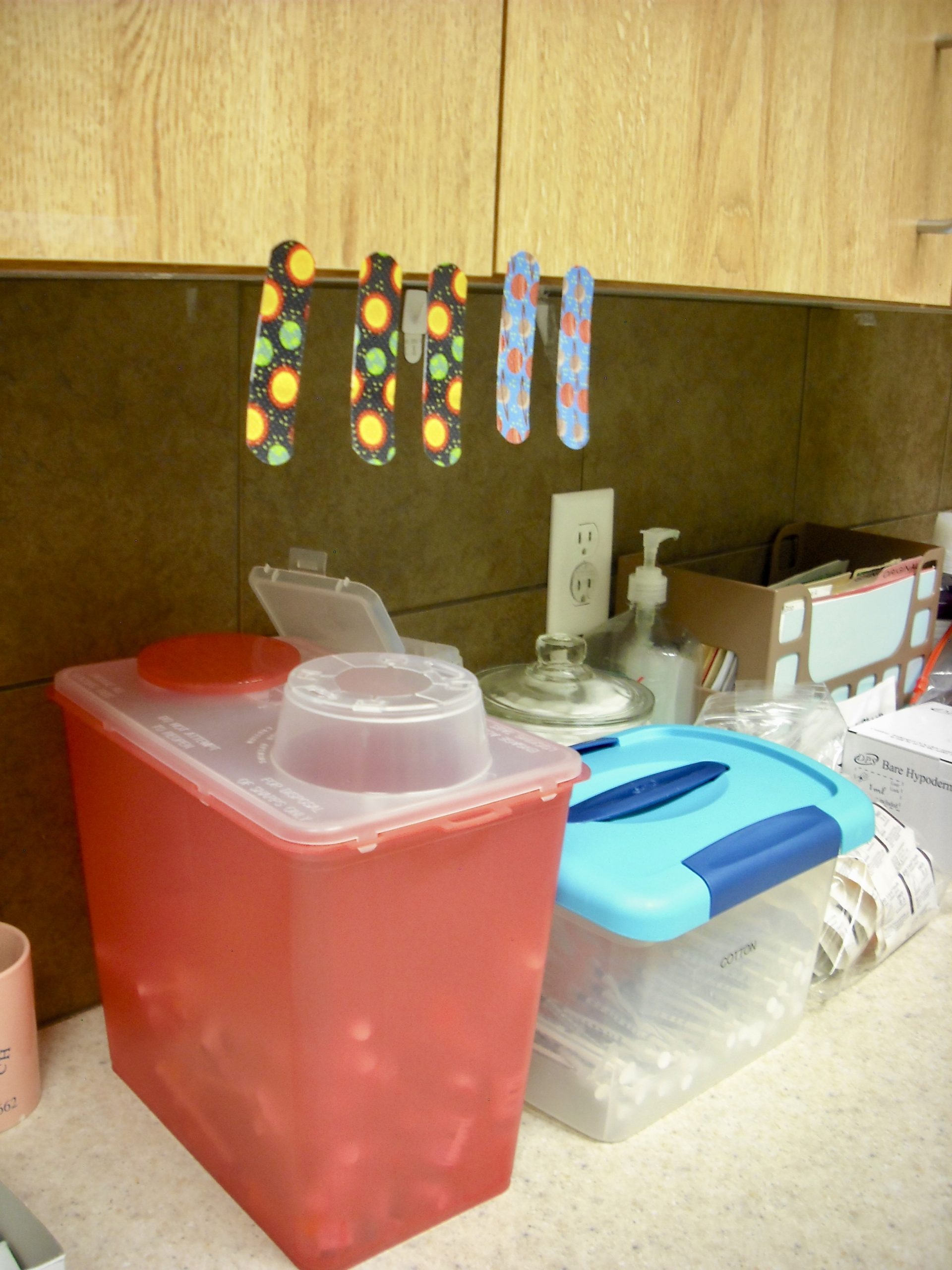Some information may be outdated.
On Sept. 1, the Centers for Disease Control updated its recommendations for booster shots for the COVID-19 vaccine, endorsing the Pfizer-BioNTech brand for people ages 12 and older and the Moderna brand for people 18 and older. The Southeast Utah Health Department now has doses of the latest booster available at no cost. Health Department officials said dozens of people took advantage of the new boosters on Monday, when they first became available locally.
“This new booster will help to restore general protection against COVID-19 that may have decreased since previous vaccination, while at the same time providing broader protection against new variants,” said Sara Braby, nursing director for the SEUHD.
A Sept. 1 CDC press release explains that the new shots contain Omicron BA.4 and BA.5 spike protein components, thus “targeting variants that are more transmissible and immune-evading.”
The single shot is recommended for people who have received the full primary series of COVID-19 vaccination, and whose last booster shot or primary series was at least two months ago. The CDC will likely expand its recommendation to include younger children in the near future.
The primary vaccination series is also still available at the health department office for anyone 6 months of age or older.
Utah health officials echo the CDC recommendations.

“We encourage all Utahns to stay up-to-date on their immunizations. As fall approaches, it’s important that you have as much protection from vaccine-preventable illnesses like flu and COVID-19 as possible,” said Dr. Leisha Nolen, state epidemiologist at the Utah Department of Health and Human Services, in a press release. “Data from the southern hemisphere suggests the flu season may hit us hard this winter at the same time we expect transmission of COVID-19 to increase. The updated COVID-19 vaccine can help protect us all.”
Federal officials say that going forward, COVID-19 boosters will likely be recommended once a year.
“As the virus continues to change, we will now be able to update our vaccines annually to target the dominant variant,” says a Sept. 6 press statement from the White House. “Just like your annual flu shot, you should get it sometime between Labor Day and Halloween.”
Vaccinated and boosted individuals are still susceptible to COVID-19 infection, but an updated shot helps protect against severe symptoms.
“There is still a possibility of getting the virus,” Braby said, “but after getting the vaccine a person has antibodies to better protect their immune system and allow it to more readily fight the disease.”
Braby said reported side effects of the new booster shot are similar to those observed with previous COVID-19 vaccinations: mild symptoms of fever, headache, fatigue, and pain at the injection site.
“These are all common side effects for any vaccination,” Braby added.
As of Sept. 12, the CDC places Grand County’s COVID-19 “Community Level” at low, based on case rates, COVID hospital admissions, and inpatient beds occupied by people with COVID. However, Braby acknowledges that reported COVID cases paint an incomplete picture of community transmission levels.
“At this time the data we have available for positive tests is not a good representation of the actual infections in our communities,” she said.
Results of readily available at-home tests are usually not reported, so those cases are not included in the data available to the health department or other agencies. (The SEUHD is still offering free at-home tests while supplies last.) That means transmission of mild cases is hard to track, though data on COVID-19 deaths and hospitalizations can still illustrate trends for severe cases.
Regardless of the severity of symptoms, the health department recommends reducing the spread of the virus by limiting contact with others while sick.
“If someone does test positive, we recommend a 5-day quarantine or quarantine until symptoms have resolved,” the SEUHD website says, adding that the guidance will vary for individuals: for example, a longer quarantine may be appropriate for someone who is immunocompromised or works in a healthcare setting. “If you have been exposed and develop symptoms, please consult with your healthcare provider,” the SEUHD website says.
Starting Sept. 12, the new booster is available at the Moab Health Department office (575 S. Kane Creek Boulevard) on Mondays and Wednesdays between 3 and 4:30 p.m., no appointment necessary (subject to change). As of now, there are no expected supply issues with the new booster. Visit the health department website, seuhealth.com, for more information.
Appreciate the coverage? Help keep local news alive.
Chip in to support the Moab Sun News.





